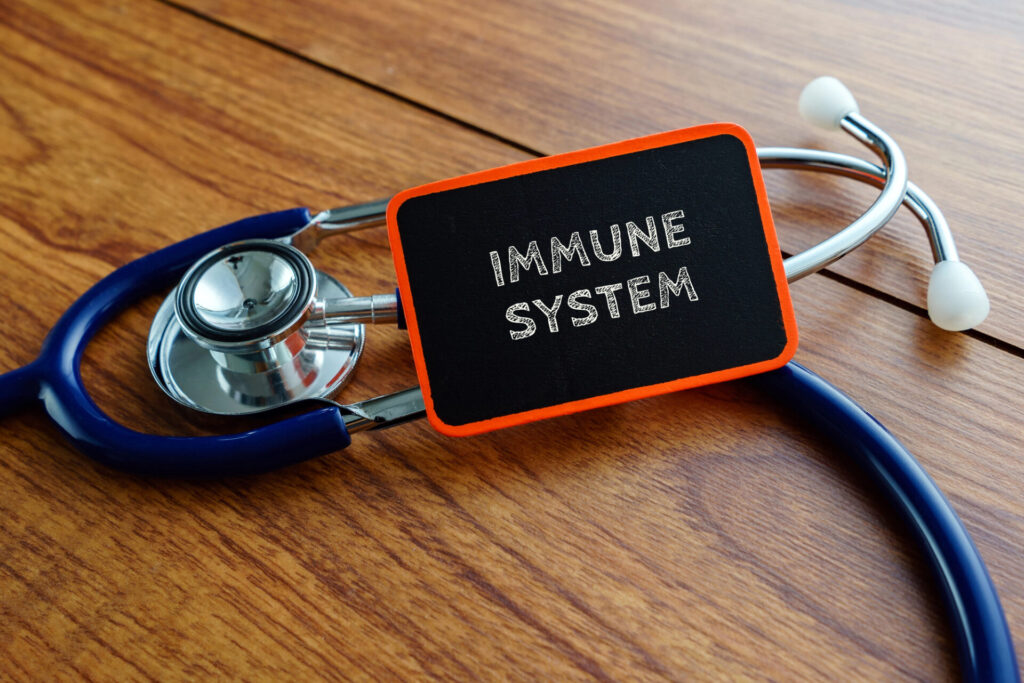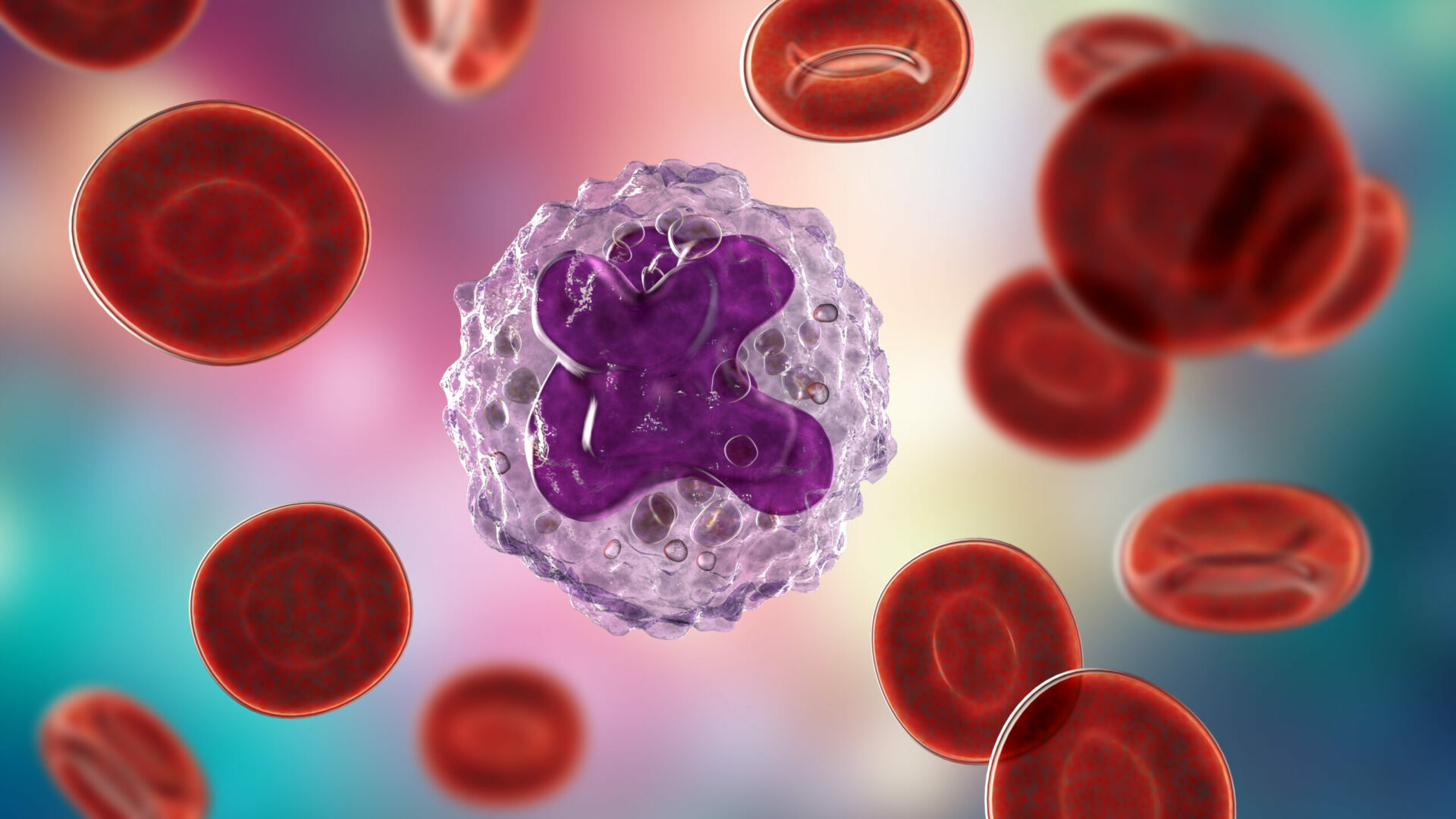The Importance of Nutrition To Your Immune System
Note: This post may contain affiliate links. We may earn a commission, at no additional cost to you, if you make an purchase via our links. See our affiliate disclaimer for more information.
The immune system is the body’s natural defense mechanism, designed to protect against harmful pathogens like bacteria, viruses, and other invaders. It consists of a complex network of cells, tissues, and organs working together to identify and neutralize threats, ensuring that the body stays healthy and resilient.
Proper nutrition is necessary to support and strengthen the immune system, providing the essential vitamins, minerals, and nutrients needed for optimal function. In what follows, we will explore how a well-balanced diet directly impacts immune health and helps the body ward off illness.
Nutrients for a Strong Immunity
The strength and effectiveness of the immune system are heavily influenced by the nutrients you consume. Certain vitamins, minerals, and other nutrients support immune function by enhancing the production and activity of immune cells.
Alternatively, poor nutrition can have a detrimental effect on the immune system. Diets high in processed foods, sugars, and unhealthy fats lack the essential nutrients needed for optimal immune function.
Let’s discuss some key nutrients essential for a robust immune system, as well as the impact of poor nutrition on immune health.

Vitamin C
Vitamin C is perhaps the most well-known immune-boosting nutrient. It promotes the production of white blood cells, particularly neutrophils and lymphocytes, which are a necessary part of fighting infections. White blood cells are the body’s frontline defense, and having an adequate supply is the most important step in providing a powerful defense. Vitamin C also acts as a powerful antioxidant, protecting immune cells from damage caused by free radicals.
Regular intake of vitamin C, found in citrus fruits, bell peppers, and leafy greens, is essential because the body cannot produce or store it.
Vitamin D
Vitamin D is integral to immune regulation, supporting the body’s ability to detect and respond to pathogens. It enhances the pathogen-fighting effects of monocytes and macrophages, two important immune cells, while also reducing inflammation.
Foods like fatty fish, fortified dairy products, and exposure to sunlight help maintain healthy vitamin D levels.
Zinc
Zinc is an essential mineral that helps with immune cell development and communication, and it is also involved in the inflammatory response.
It is necessary for the proper function of T-cells, which have the important function of identifying and attacking pathogens.
Vitamin A
Vitamin A supports the immune system by maintaining the health of the skin and mucous membranes, which act as the body’s first line of defense against harmful pathogens.
Vitamin A-rich foods like carrots, sweet potatoes, and leafy greens help ensure the body has the necessary resources to defend itself.
Protein
Finally, protein is essential for the formation and repair of immune cells and tissues. Amino acids from protein-rich foods like lean meats, legumes, and nuts are necessary for the production of antibodies and enzymes involved in immune responses.
Without adequate protein, the body struggles to produce and repair immune cells, weakening its ability to fend off infections and prolonging recovery times.
The Role of Macronutrients in Immunity
Macronutrients—carbohydrates, proteins, and fats—are the fundamental building blocks of a balanced diet, and they are significantly involved in supporting the immune system.
While micronutrients like vitamins and minerals are often highlighted for their direct impact on immune health, macronutrients are equally essential.
Carbohydrates: Energy for Immune Function
Carbohydrates are the body’s primary source of energy, fueling everything from basic metabolic processes to physical activity. Carbohydrates provide glucose, the preferred fuel for immune cells such as phagocytes and lymphocytes, which are responsible for identifying and neutralizing pathogens.
Complex carbohydrates, found in whole grains, fruits, and vegetables, provide sustained energy while also supplying fiber, which supports gut health. A healthy gut is necessary for a strong immune system.
Proteins: Building and Repairing Immune Cells
Protein is involved in the growth, repair, and maintenance of all tissues in the body, including those of the immune system. Amino acids, the building blocks of protein, are essential for producing antibodies, cytokines, and other immune molecules that help the body respond to infections.
Proteins are also needed for the creation of immune cells such as T-cells, B-cells, and natural killer cells, which are heavily involved in immune defense. Ensuring adequate protein intake is especially important during illness or after injury, as the body needs to repair damaged tissues and generate new immune cells.

Fats: Supporting Immune Regulation
Finally, fats, particularly healthy fats, function in regulating immune function and reducing inflammation. Omega-3 fatty acids, found in fatty fish like salmon, flaxseeds, and walnuts, are known for their anti-inflammatory properties.
These healthy fats help modulate immune responses, ensuring that the body can effectively fight infections without triggering excessive inflammation, which can damage tissues. Additionally, fats are necessary for the absorption of fat-soluble vitamins like A, D, E, and K, many of which are a large part of immune health.
Final Thoughts
Proper nutrition, encompassing both macronutrients and micronutrients, is essential for a strong and effective immune system. Without adequate intake of these nutrients, the immune system becomes weakened, making the body more susceptible to infections and chronic health issues.
Certain populations, however, require special nutritional considerations to support their immune health. For instance, older adults often experience a natural decline in immune function and may benefit from a higher intake of immune-supporting nutrients like vitamin D and zinc. People with chronic illnesses or autoimmune conditions may need specific dietary adjustments to reduce inflammation and avoid triggering immune responses.
Tailoring nutrition to individual needs ensures that the immune system functions at its best, protecting overall health across all stages of life.





